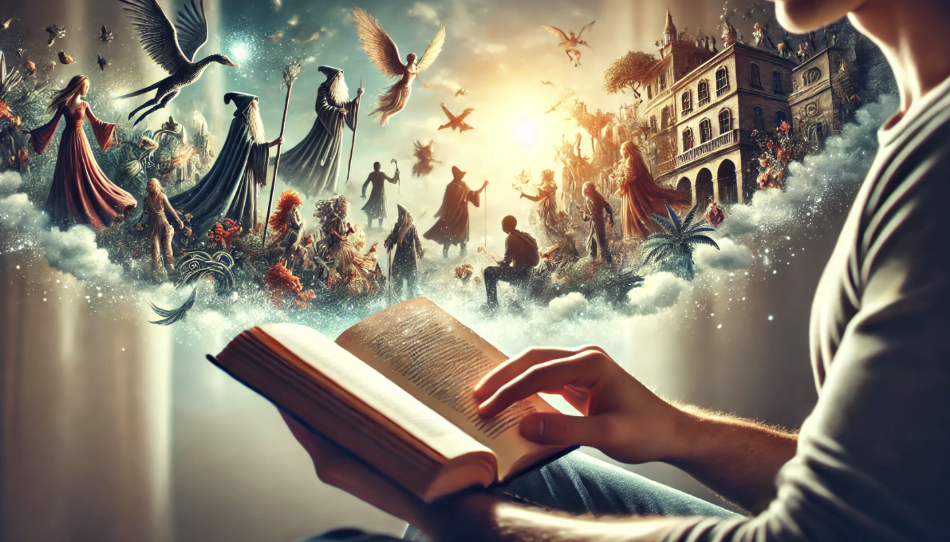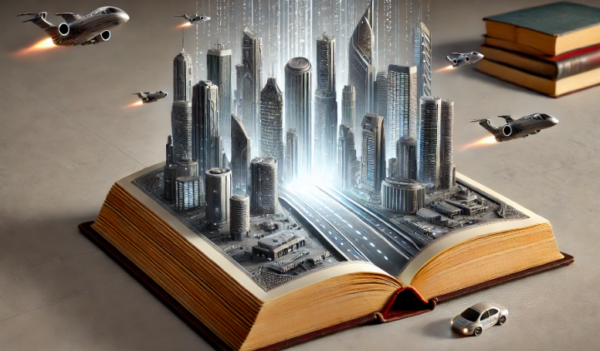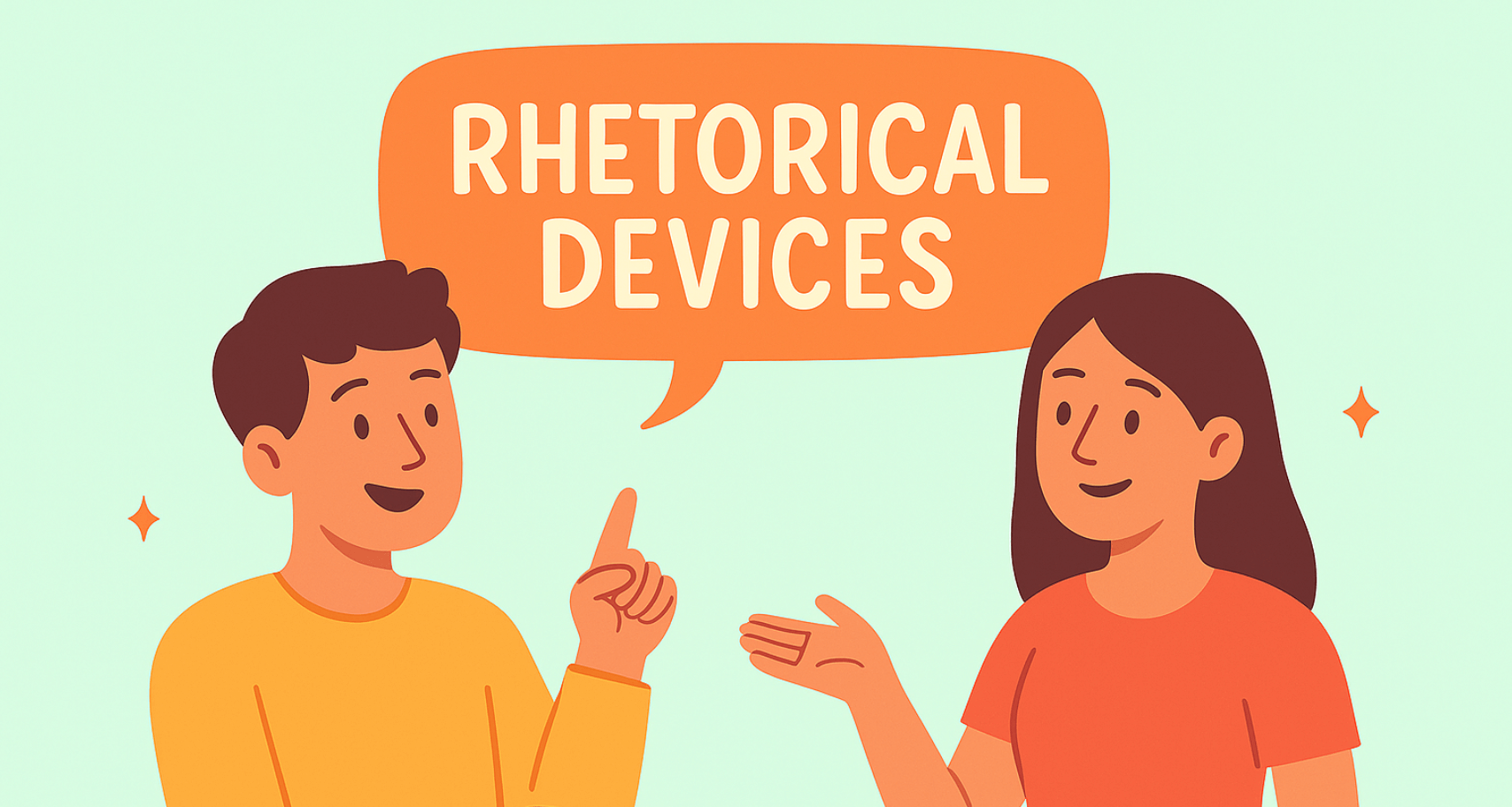Imagine a place where words are not just words but the keys to an entirely new universe. A realm where stories are crafted not from reality but from the imagination itself. Welcome to the curious and captivating world of fictionary—a space where fiction and dictionary collide, creating something entirely new and unexpectedly delightful.
Fictionary isn’t just a fun twist on a dictionary; it’s a world unto itself, one where stories, characters, and entire realms are built upon the foundations of fictional words. It’s gaining attention because it’s not bound by rules or reality. It’s an invitation to let your imagination run wild, where the only limit is the creativity of those brave enough to dive in. Whether you’re a writer, a dreamer, or just someone who loves the magic of words, it is a playground for your imagination.
In this article, we’ll take you on a journey to explore the meaning of fictionary, the endless possibilities of its world, and the crucial role of the fictionary storyteller. Ready to unlock a new realm of creativity?
Is Fictionary Real, or Just a Fun Wordplay?
You’ve heard of dictionaries and fictional worlds, but what happens when you combine the two? Enter fictionary, where reality takes a backseat and creativity runs the show. So, what exactly is this creative glossary, and why is it making waves in the world of storytelling?
In simple terms, the fictionary meaning blends the essence of a dictionary with the magic of fiction. It’s not your average reference book, and it’s not quite a traditional fantasy realm either. Instead, it’s a playful space where invented words, bizarre definitions, and outlandish concepts thrive. Think of it as a fictional lexicon that doesn’t just explain words but creates new ones, allowing imaginations to run wild and free.
The fictionary definition could be described as: a fictional dictionary where words, characters, and places are dreamt up from scratch. Instead of merely defining reality, it imagines a world of possibility where even the oddest ideas find their place. But what happens when dictionaries and fiction collide? Well, you get a whole new universe—one where you might find words like “glimflorp,” meaning the sound your socks make after a long day of wear, or “whifflegrip,” a mythical creature that lives under your bed and only appears during thunderstorms.
In essence, it is where the boundaries between fact and fiction blur, and imagination becomes the only rule. It’s an ever-expanding, ever-changing world where the impossible becomes the probable.
A Universe Built by Words
Welcome to the fictionary world, a realm where the rules of language and reality take a backseat to unrestrained creativity. In this boundless space, words are more than just tools for communication; they’re the building blocks of entire universes. Here, imagination is the architect, and the absurd is the foundation. It’s a place where the most outlandish ideas can exist, thrive, and evolve into something you never expected.
In the fictionary world, reality isn’t the limit—it’s the starting point. Imagine a place where the word “flibberflop” exists, not as a silly sound, but as a verb that means “to dance without rhythm while pretending to be a tree.” Or picture the concept of “snargglehopping,” a sport involving small creatures that jump from one floating island to another, all while wearing inflatable hats. These are the kinds of delightful and absurd creations that thrive in the fictionary universe. It’s a space where reality bends, but it’s still firmly anchored in the quirky logic of language itself.
The fictional world is where the only limits are the edges of your own imagination. Want to describe a feeling that’s never been captured in words? There’s a word for that here. Want to create a mythical creature that has a heart of gold but a fondness for collecting socks? It exists, with a name and backstory. Here, you’re not just inventing new words—you’re shaping entire worlds, stories, and characters from the ground up. The beauty of fictionary lies in how it stretches the boundaries of storytelling. Every new word, every new definition, adds a layer to the tapestry of possibility, inviting creators to explore and expand.
Fictionary isn’t just a fun concept; it’s a dynamic, creative playground that invites us to rethink how we approach language, narrative, and imagination. So, why not dive in and see where your own world can take you? After all, in this space, anything is possible.
Your Publishing Journey Awaits – Start NowThe Fictionary Storyteller: Weaving Tales from Thin Air
In this world, there’s one figure who holds the key to unlocking its infinite potential: the fictionary storyteller. This magical being is the architect of all things fantastical, the master of words, and the one who breathes life into the absurd. But who exactly is the fictionary storyteller, and what makes them so essential in this whimsical universe?
A fictionary storyteller is like a modern-day wizard—except instead of a wand, they wield a pen, and instead of spells, they conjure up entire realms from mere words. It’s their job to craft the rules of the creative glossary, creating definitions for words that may never have existed before, giving life to bizarre creatures and strange adventures, and binding it all together in a narrative that feels just as real as anything in the known world. Want a world where trees talk and wear monocles? The storyteller has already written it into existence. Need a plot twist involving a flying toaster that saves the day? Done. The storyteller creates the framework, then lets their imagination run wild within it.
Think of them as artists, but instead of paint, they use language. They take seemingly random words, sprinkle a little magic, and suddenly, they’ve spun something into pure gold. It’s a process of discovery, where every new word adds another stroke to the canvas of an ever-evolving universe. No two storytellers are alike, and that’s what makes the role so unique—each one brings their own creative flair and voice to the table.
Why does the storyteller matter so much in the world of fictionary? Because they’re the guides. They lead the reader through a labyrinth of imagination, steering them away from dull conventions and into uncharted territories of fun and wonder. A good storyteller doesn’t just create a world—they make you want to live in it. They take you on a journey where the twists and turns leave you breathless, the rules are constantly changing, and the only thing you can count on is that you’ll never know what’s coming next, and that’s exactly why we need them.
The Creative Glossary: Not Just for Daydreamers
Why should anyone care about fictionary? Well, let’s put it this way: it isn’t just a playground for writers or daydreamers—it’s a treasure chest of possibility, where the boundaries of storytelling and creativity are not just pushed but obliterated. At its core, it is a celebration of imagination in its purest form. It’s a world where anything can exist, from imaginary animals to impossible adventures, all shaped by the whims of those bold enough to create them.
Fictionary matters because it taps into one of the most powerful forces known to humankind: the power of storytelling. Stories are how we make sense of the world, how we connect with others, and how we explore the vast expanse of human emotion and experience. This invented lexicon invites us to stretch our minds and explore the spaces between what is and what could be. It encourages us to think beyond the ordinary, to embrace the weird and wonderful, and to craft something that feels truly our own.
But the beauty of this universe is that it’s not just for the professional writers or aspiring novelists—it’s for everyone. Whether you’re a seasoned storyteller or a complete beginner, fictionary gives you the freedom to let your imagination run wild. Want to invent a word for the feeling you get when you’re both excited and nervous at the same time? Go ahead. Want to build a world where everyone’s shoes are always squeaky? There’s no rule against it.
So, embrace your inner storyteller! Fictionary isn’t just for the dreamers; it’s for anyone who dares to imagine. After all, in the world of creativity, the only thing standing between you and your next great adventure is a word—or perhaps a whole new universe waiting to be discovered.
Fictionary in Literature: Where Words Come to Life
The creative glossary isn’t just a quirky concept; it’s a creative tool that has been used throughout literature to build worlds, invent languages, and breathe life into otherwise ordinary stories. Writers have long embraced the idea of crafting new words and worlds, making it a staple of imaginative storytelling. Here are a few prime examples where authors have ventured into the world of fictionary:
- J.R.R. Tolkien’s Lord of the Rings
Perhaps the most famous example of fictionary at work is J.R.R. Tolkien’s Lord of the Rings series. Tolkien didn’t just invent a world—he invented entire languages, including Elvish, Dwarvish, and even the language of Mordor. These words weren’t just there for flavor; they were fully fleshed-out systems that brought his world to life. - Lewis Carroll’s Alice’s Adventures in Wonderland and Through the Looking-Glass
Lewis Carroll, the king of playful language, created a wealth of nonsensical words and phrases, from “chortle” to “frabjous.” In these books, language is fluid and elastic, often defying logical explanation. Carroll’s fictionary creations have since become a permanent part of our lexicon, proving that imagination can turn a simple word into a lasting cultural touchstone. - George Orwell’s 1984
Orwell’s creation of “Newspeak” in 1984 is an iconic example of a fictionary language with a dark twist. By inventing a language designed to limit freedom of thought and expression, Orwell showed how powerful invented lexicons can be when used to manipulate both society and the mind. - Anthony Burgess’s A Clockwork Orange
Burgess’s use of “Nadsat,” a fictional slang in A Clockwork Orange, is a brilliant example of a fictionary world shaped by language. The novel’s protagonist, Alex, speaks in this hybridized dialect, made up of Russian, English, and playful linguistic twists. Nadsat doesn’t just add a unique flavor to the book—it immerses the reader in Alex’s world, showing how a new language can be a window into a completely different culture. - J.K. Rowling’s Harry Potter Series
From “muggle” to “quidditch” to “horcrux,” J.K. Rowling transformed everyday English into a whole new lexicon. Her fictionary language helped to create the magic and wonder of the wizarding world, where readers instantly recognized the weight of every term, whether it was an enchanted item or a spell.
These examples show that fictionary is far from a new idea; it’s a tool used by some of the greatest authors to enrich their stories and take their readers on unforgettable journeys. Whether inventing an entire language or simply introducing a fun, fantastical term, fictionary in literature proves that language is one of the most powerful ways to bring imagination to life.
Join the Fictionary Revolution
Exploring the world of a creative lexicon is like stepping into a universe where creativity knows no limits and the absurd becomes extraordinary. From inventing new words to building entire fictional worlds, the possibilities are endless. The beauty of fictionary lies in its freedom—it’s a space where imagination runs wild, and every story is a chance to break the rules and embrace the weird. Whether you’re crafting fantastical creatures, redefining reality, or simply having fun with language, it offers something for everyone.
Now it’s your turn. Don’t just be a spectator—dive into the fictional world and start creating! Whether you want to invent your own language, build an entire universe, or simply explore the endless potential of words, this creative glossary is your canvas. There’s no limit to what you can achieve in this magical space.
So, what are you waiting for? The world of fictionary is out there, waiting for your imagination to shape it. Grab your pen (or keyboard), and let’s make some magic happen! Because in the end, the only thing standing between you and your next great story is a single word—so why not make it a dazzling one?
FAQs – Fictionary
Q1: What does fictionary do?
It allows you to explore an imaginative world of words where you can create new terms, definitions, and even entire universes. It’s a space for creativity and storytelling, where anything is possible, from invented languages to fantastical worlds. It stretches the boundaries of language and lets your imagination run wild.
Q2: What is the definition of fictionary?
It is a blend of “fiction” and “dictionary,” a fictional lexicon where new words, phrases, and worlds are created for the sake of storytelling and creativity. It’s a playful way of inventing languages or terms that don’t exist in real life but enhance the narrative of an imagined world.
Q3: What is the game where you make up fake definitions?
The game you’re thinking of is Fictionary! It’s a fun party game where players create fake definitions for obscure words, and others have to guess the correct one. The goal is to be as creative and convincing as possible while playing with language in humorous and surprising ways.
Q4: Can I create my own fictionary world?
Absolutely! One of the joys of doing so is that you can invent entire worlds, complete with new characters, places, and languages. Your creativity is the only limit, so go ahead and build your own universe.
Q5: How can fictionary enhance my storytelling?
Fictionary gives you the freedom to invent words and concepts that are unique to your narrative. This can add depth, humor, and originality to your stories. Whether you’re crafting a novel, a game, or a fantasy world, it allows you to express your imagination without boundaries.
Q6: Is fictionary only for writers or storytellers?
Not at all! While it’s a great tool for writers and creators, it’s also a fantastic playground for anyone with a curious mind or a love of language. Whether you’re brainstorming for fun, improving your creativity, or just exploring language in a new way, this creative glossary is for anyone who loves to imagine.








